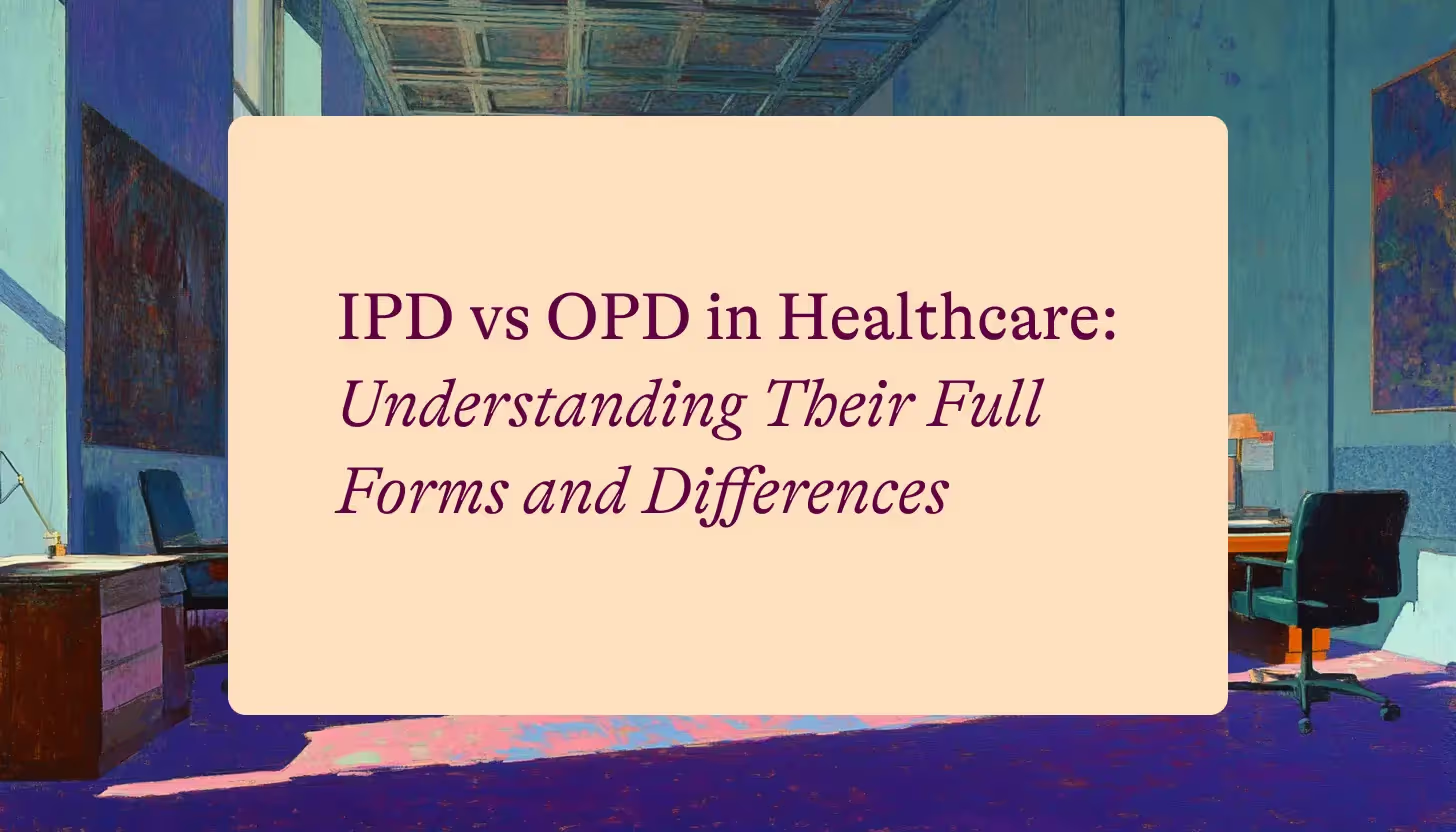One of the most frequently misunderstood terms in life insurance is sum assured. Because it appears on every policy document, renewal email, and group insurance proposal, having clarity on this term helps HR teams select the right plan and helps employees understand the protection their families receive.
This article breaks down the sum assured meaning, how it differs from similar terms, how insurers calculate it, and what HR teams should consider when selecting coverage for their organisation.
What Is the Sum Assured?
The sum assured is the guaranteed amount an insurer will pay the nominee if the policyholder passes away during the policy term. The sum assured is decided at the time of buying the life insurance policy and remains fixed unless the policy is updated. It is not linked to medical bills, hospitalisation charges, or any other variable costs.
In simplest terms, the sum assured answers the question:
“How much money will my family receive if something happens to me?”
Because the payout does not depend on actual expenses, it offers predictable financial protection. This makes sum assured the central metric in any life insurance plan, including both individual term life insurance and employer-provided group term life insurance.
Sum Assured vs. Sum Insured: Key Differences
People often confuse the sum assured with the sum insured, but they function very differently.
Sum Assured (Life Insurance)
- A fixed payout
- Paid to the nominee in case of the policyholder’s death
- Does not vary based on bills or expenses
- Used in term life insurance, endowment plans, and group term life insurance
Sum Insured (Health Insurance / General Insurance)
- A maximum limit up to which expenses are reimbursed
- Depends on the actual cost incurred (e.g., hospital bills)
- Used in health insurance, motor insurance, and home insurance
- Not a guaranteed payout; only the expenses are covered
Understanding this distinction is important for HR leaders who evaluate insurance proposals. A health insurance policy focuses on medical costs, while a life insurance policy focuses on financial support for the family.
How Insurers Determine the Sum Assured
For individual life insurance policies, the sum assured is chosen by the policyholder based on their financial responsibilities, dependents, and long-term goals.
For group term life insurance, the sum assured is typically decided by the employer. Common methods include:
1. Salary-Based Coverage
Many organisations opt for a simple approach where the sum assured is linked to the employee’s salary—for example:
- 1x annual CTC
- 2x annual CTC
- 3x annual CTC
- 5x annual CTC
This method ensures proportional protection for different salary bands.
2. Flat Coverage
Some companies prefer offering a fixed sum assured, such as:
- ₹10 lakh for all employees
- ₹15 lakh or ₹20 lakh regardless of grade
This approach is easier to administer and communicates equal protection for all.
3. Role-Based Slabs
Leadership and critical roles may receive a higher sum assured compared to other employees. For example, CXOs may be covered at ₹1 crore while mid-level employees receive ₹25 lakh.
4. Needs-Based Assessment
A more modern approach is to assess the age distribution, dependent count, and financial exposure of the workforce. This helps employers offer a realistic level of protection rather than a minimal or symbolic amount.
Why the Sum Assured Matters for Employees
Employees often assume that employer-provided life insurance is sufficient. In reality, the adequacy of the sum assured depends on an individual’s financial commitments. A family experiencing a loss may need support for:
- Loan repayments
- Children’s education
- Daily living expenses
- Medical needs for elderly parents
- Long-term financial stability
Since life insurance is a fixed payout, the chosen amount directly influences the family’s ability to manage these responsibilities.
Across India, financial planners typically recommend life cover equal to 10–15 times annual income. Most employer-provided group term plans fall below this threshold, making them a helpful supplement but not a complete replacement for personal term insurance.
Why the Sum Assured Matters for HR Leaders
Employee expectations around benefits have changed. HR teams today evaluate life insurance not only as a compliance requirement but as a competitive advantage. A well-designed group life plan can:
- Improve employee trust
- Strengthen overall benefits perception
- Reduce financial stress for employees
- Provide meaningful support to families during difficult times
A higher sum assured often increases premiums marginally in group policies, but the impact on employee wellbeing is significant. HR teams should therefore review coverage levels regularly and adjust them as the organisation scales.
Common Misconceptions About the Sum Assured
“The sum assured automatically adjusts every year.”
It does not. It remains constant unless the employer or policyholder updates the plan.
“The sum assured works just like the sum insured.”
No. The sum insured reimburses expenses; the sum assured pays a fixed, predetermined amount.
“Claims become difficult when the sum assured is high.”
Group term life claims are usually simple because the payout amount does not change.
“Any amount is fine as long as employees have some coverage.”
Insufficient coverage can leave families financially vulnerable, defeating the purpose of the benefit.
How to Select the Right Sum Assured
Whether you are choosing an individual term plan or designing an employee benefits package, consider the following factors:
- Annual income
- Existing loans
- Number of dependents
- Living expenses
- Long-term financial goals
- Age and health profile
A practical starting point for HR teams is offering at least 2x–3x annual salary as the sum assured, with options for employees to buy additional voluntary coverage if needed.
Key Takeaway
The sum assured meaning is simple: it is the guaranteed payout provided by a life insurance policy. It plays a central role in financial security for employees and in building a strong benefits package for organisations. Understanding how the sum assured works helps HR teams make better decisions and ensures employees receive adequate protection for their families.
.avif)










.avif)














